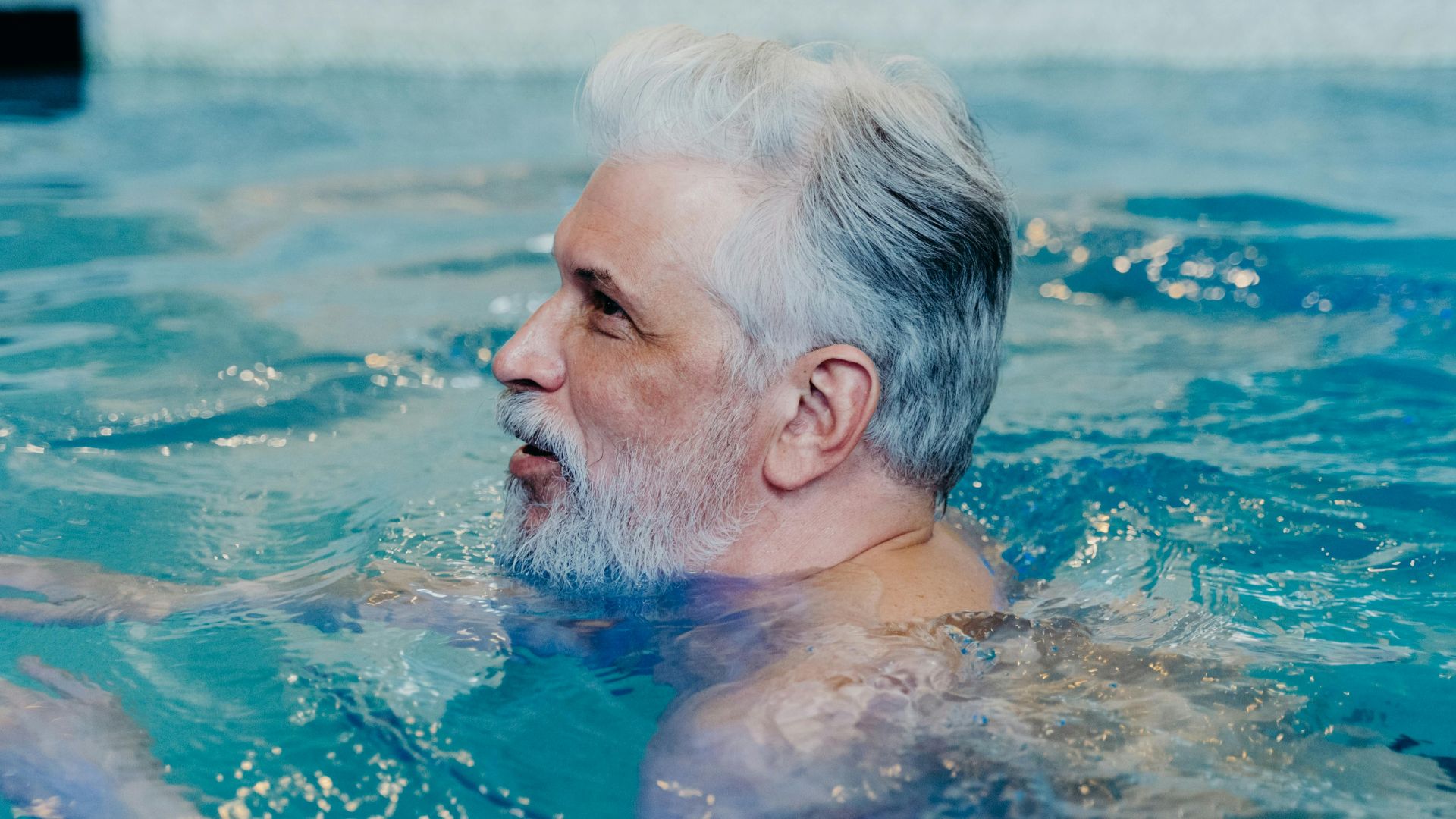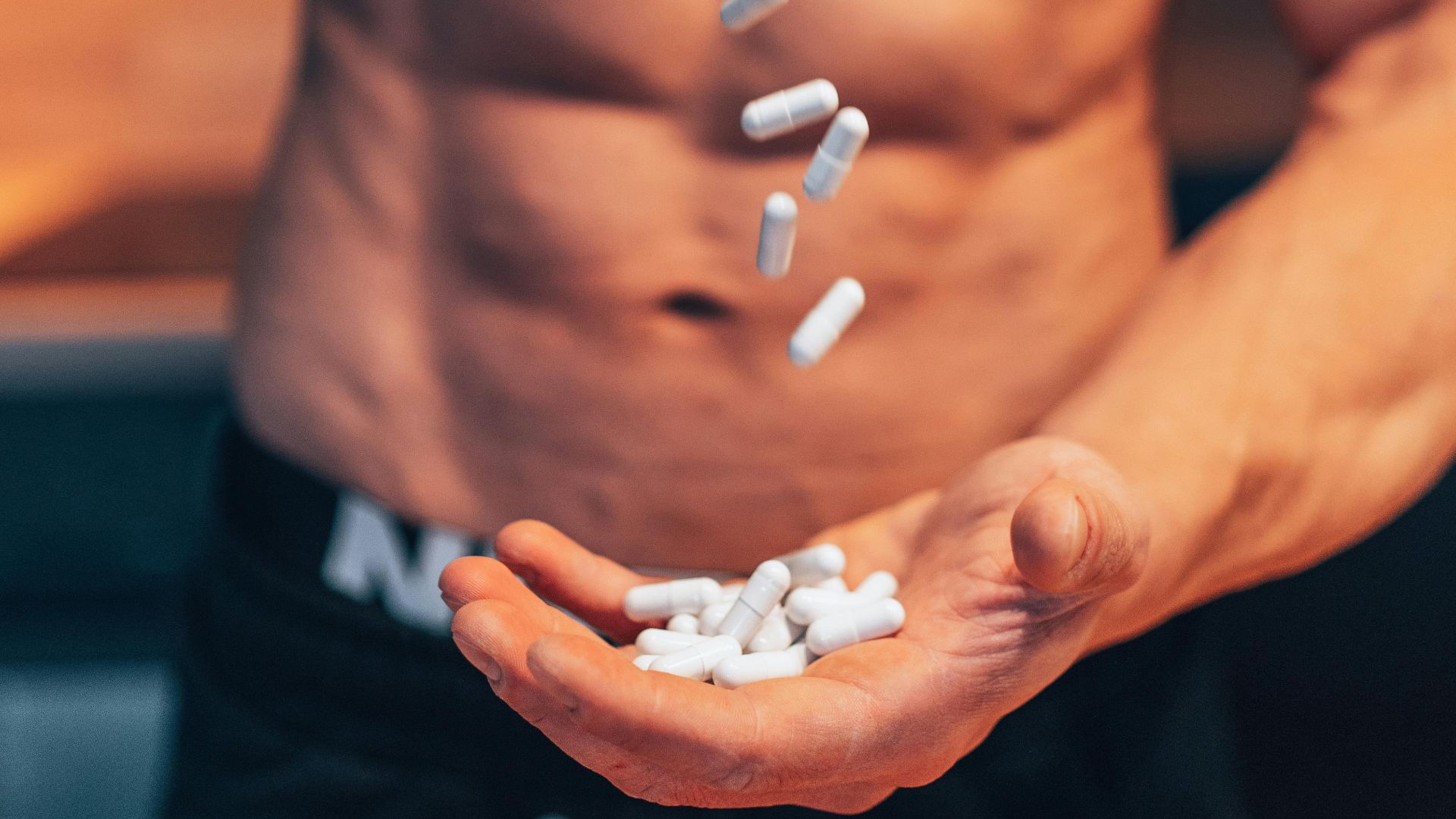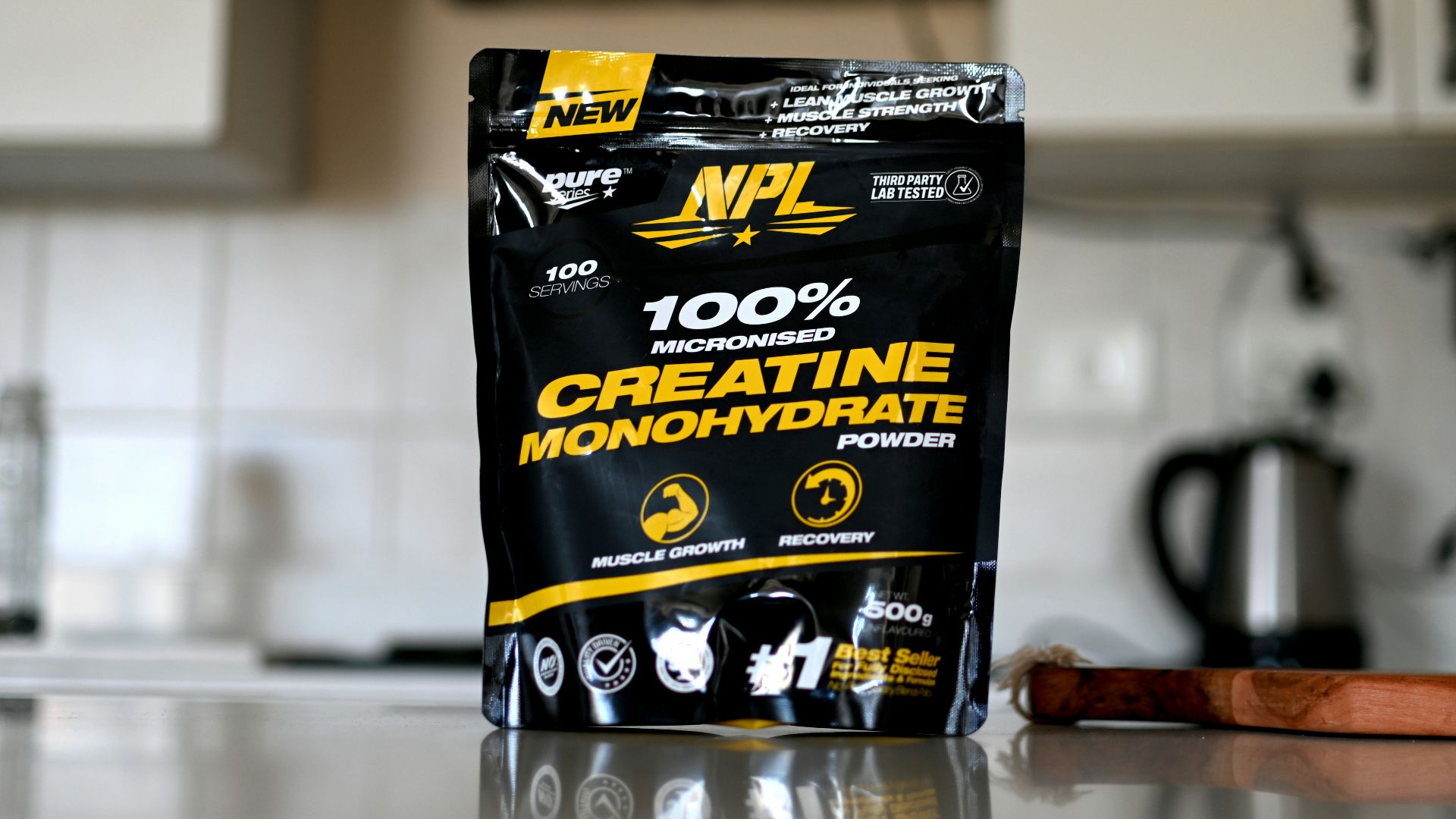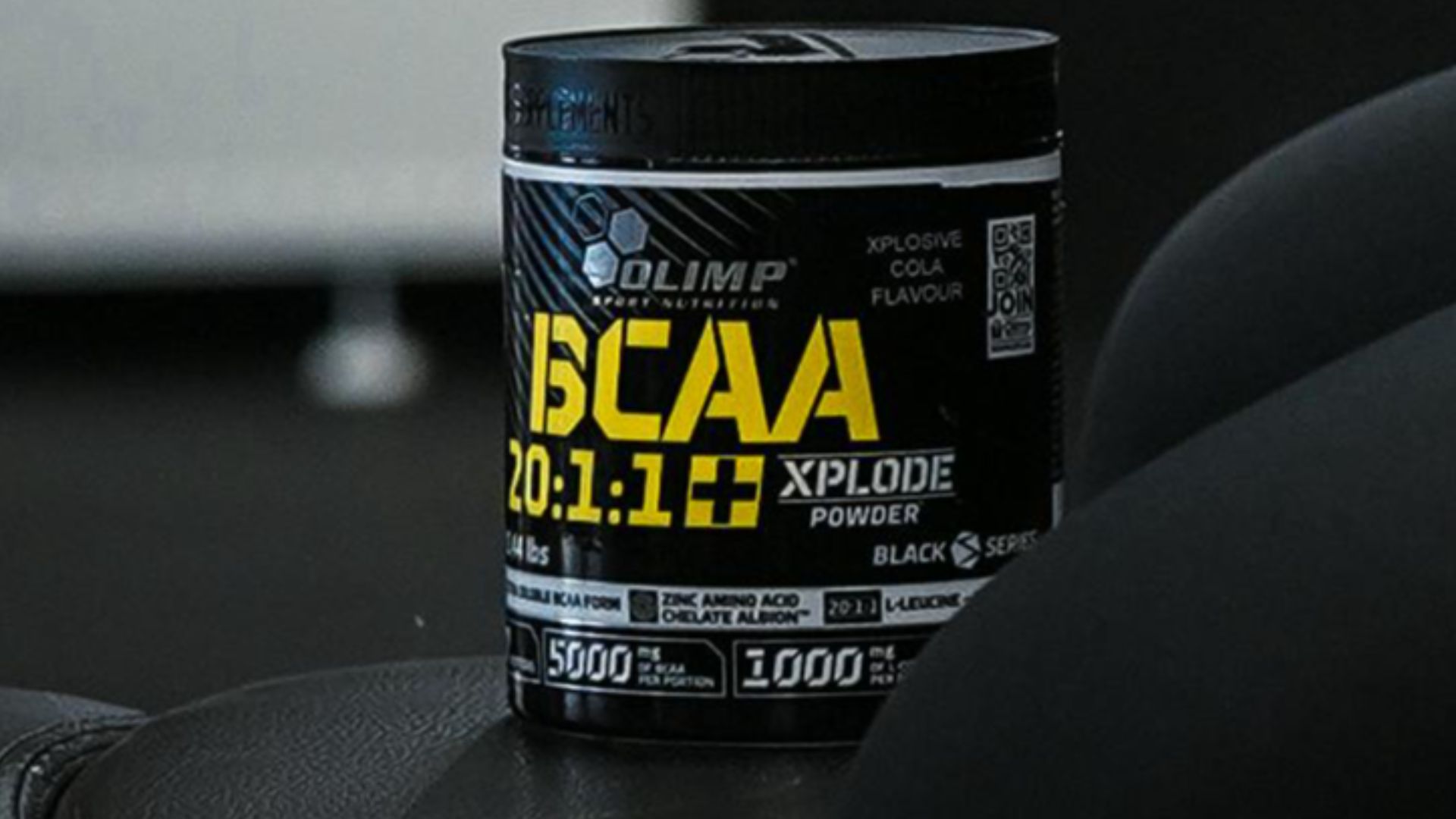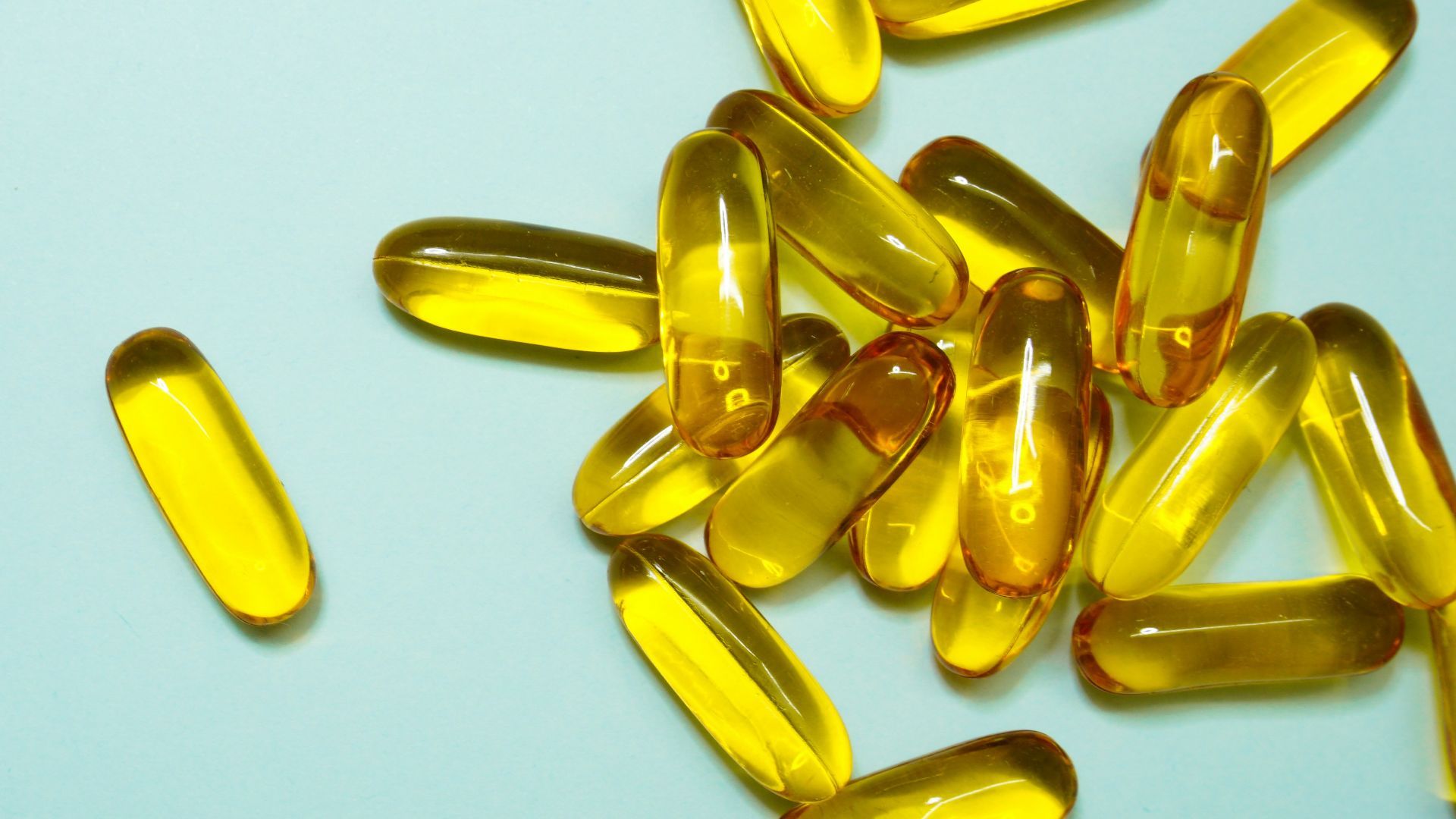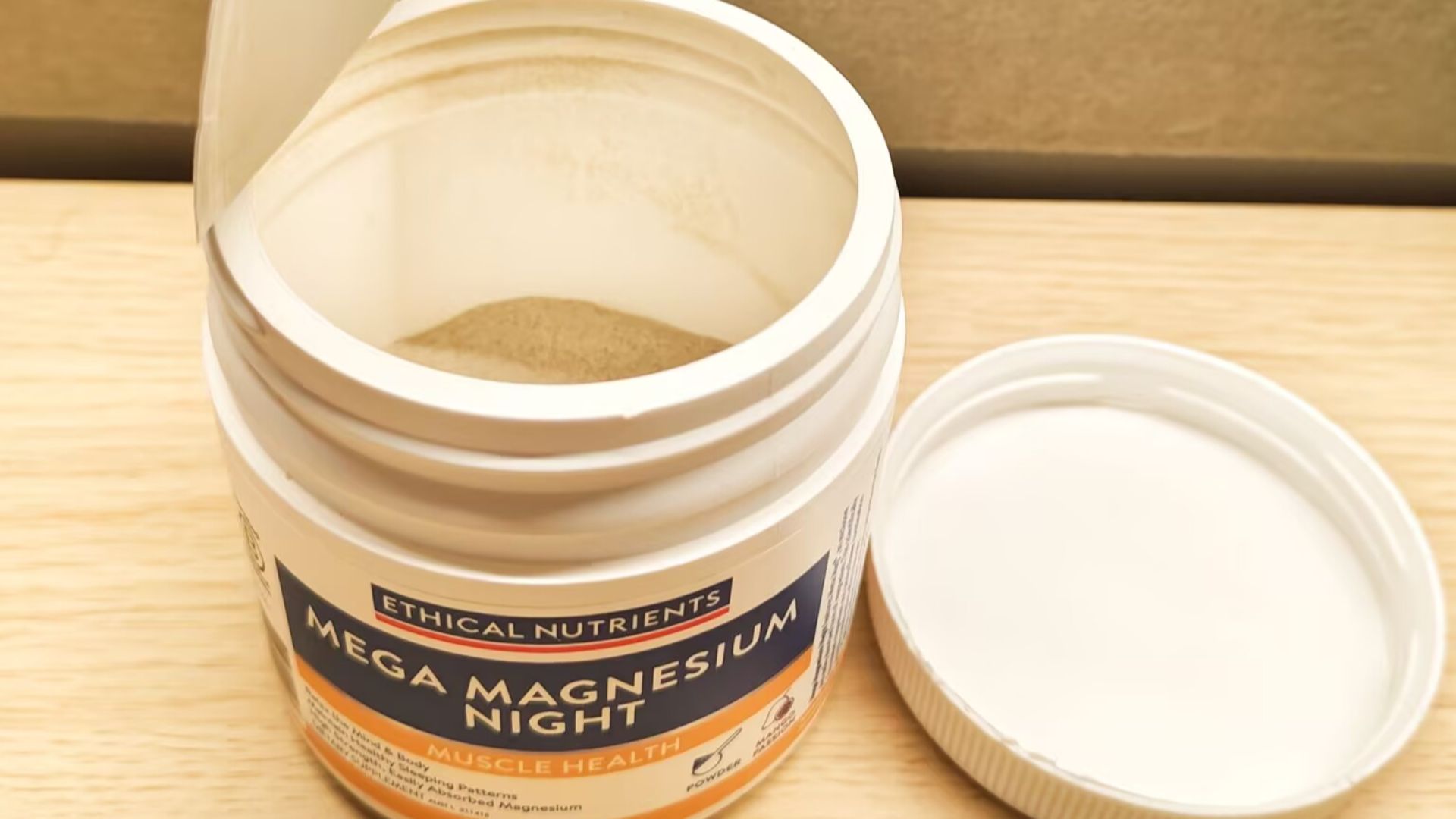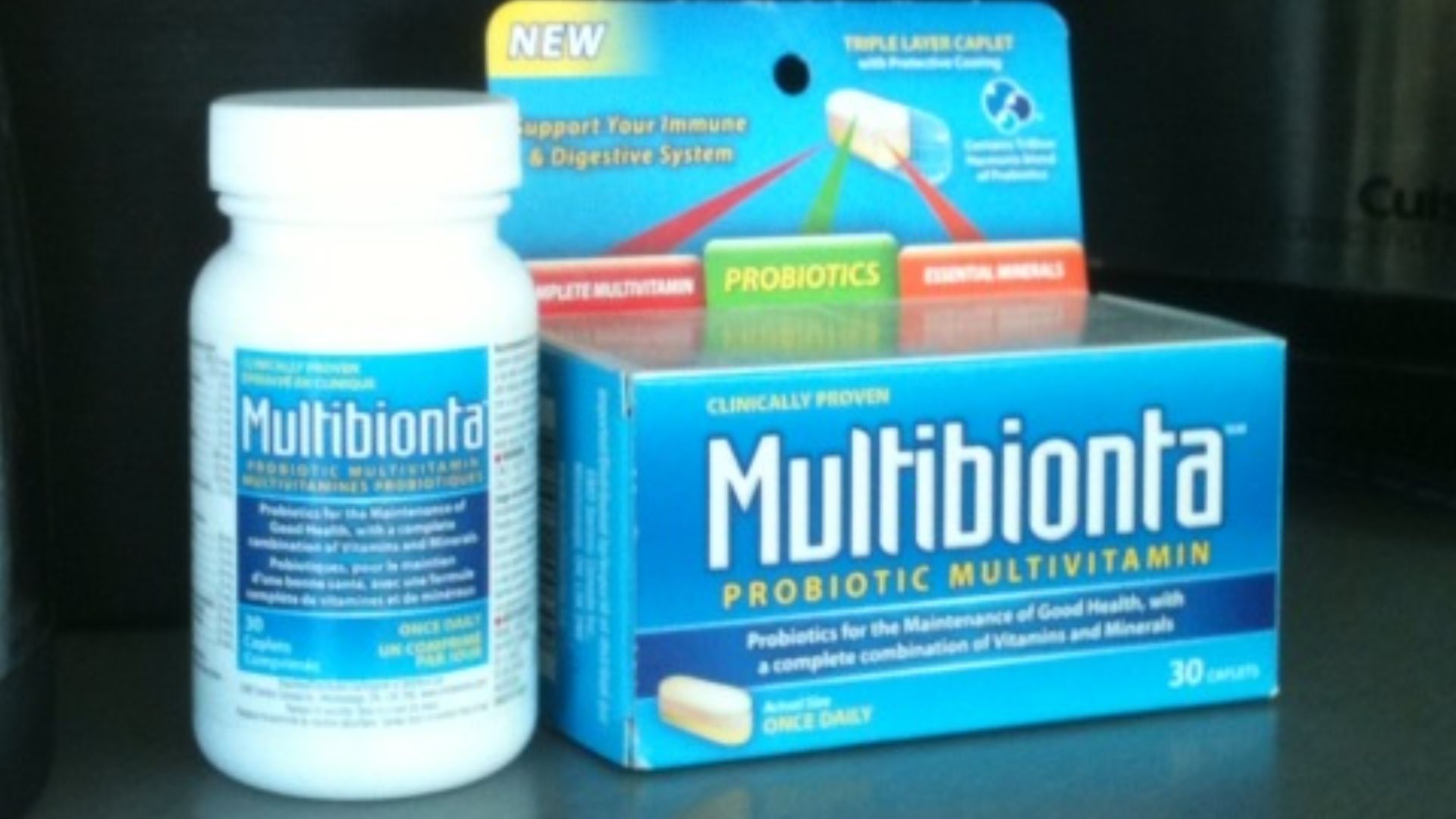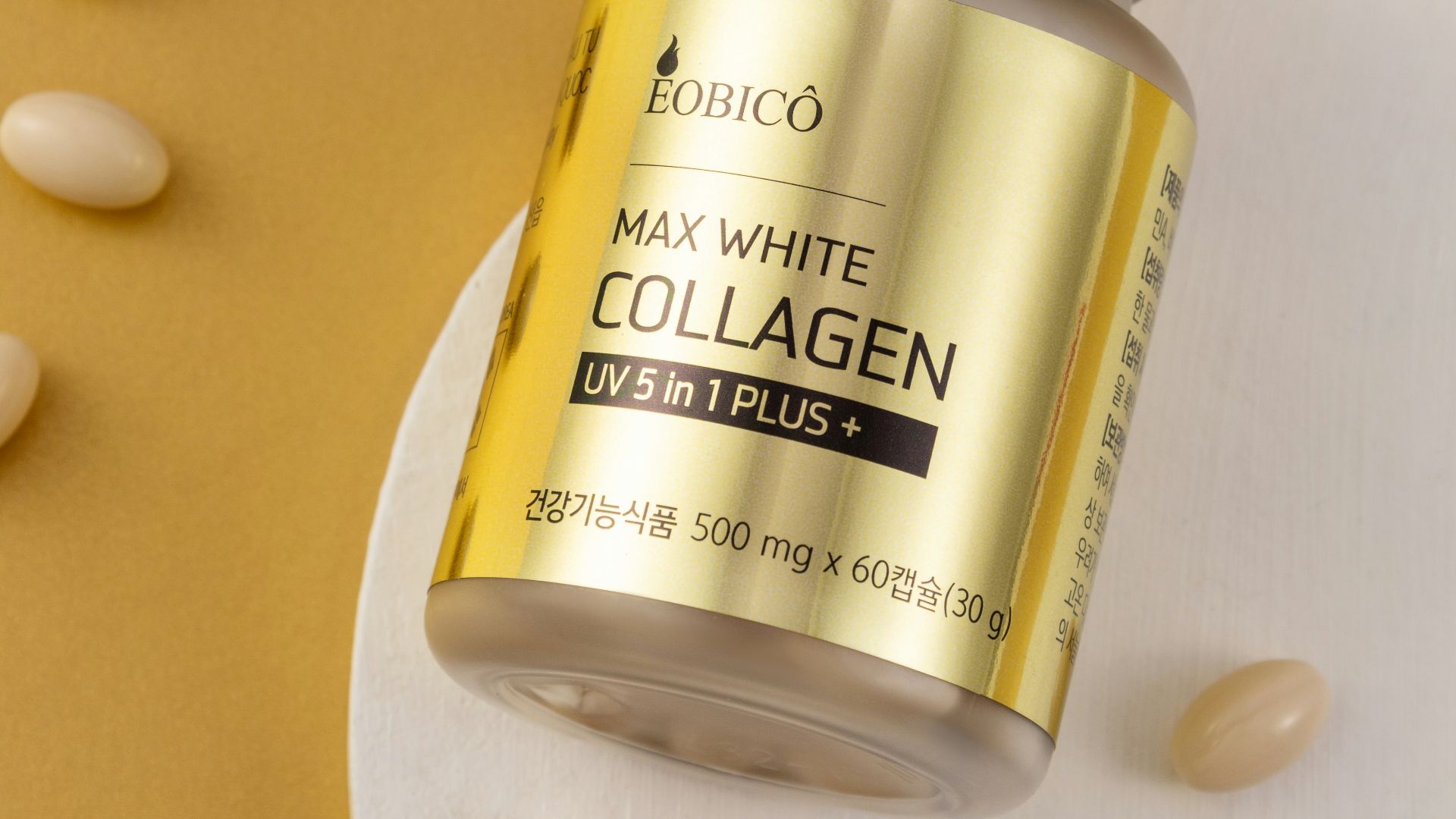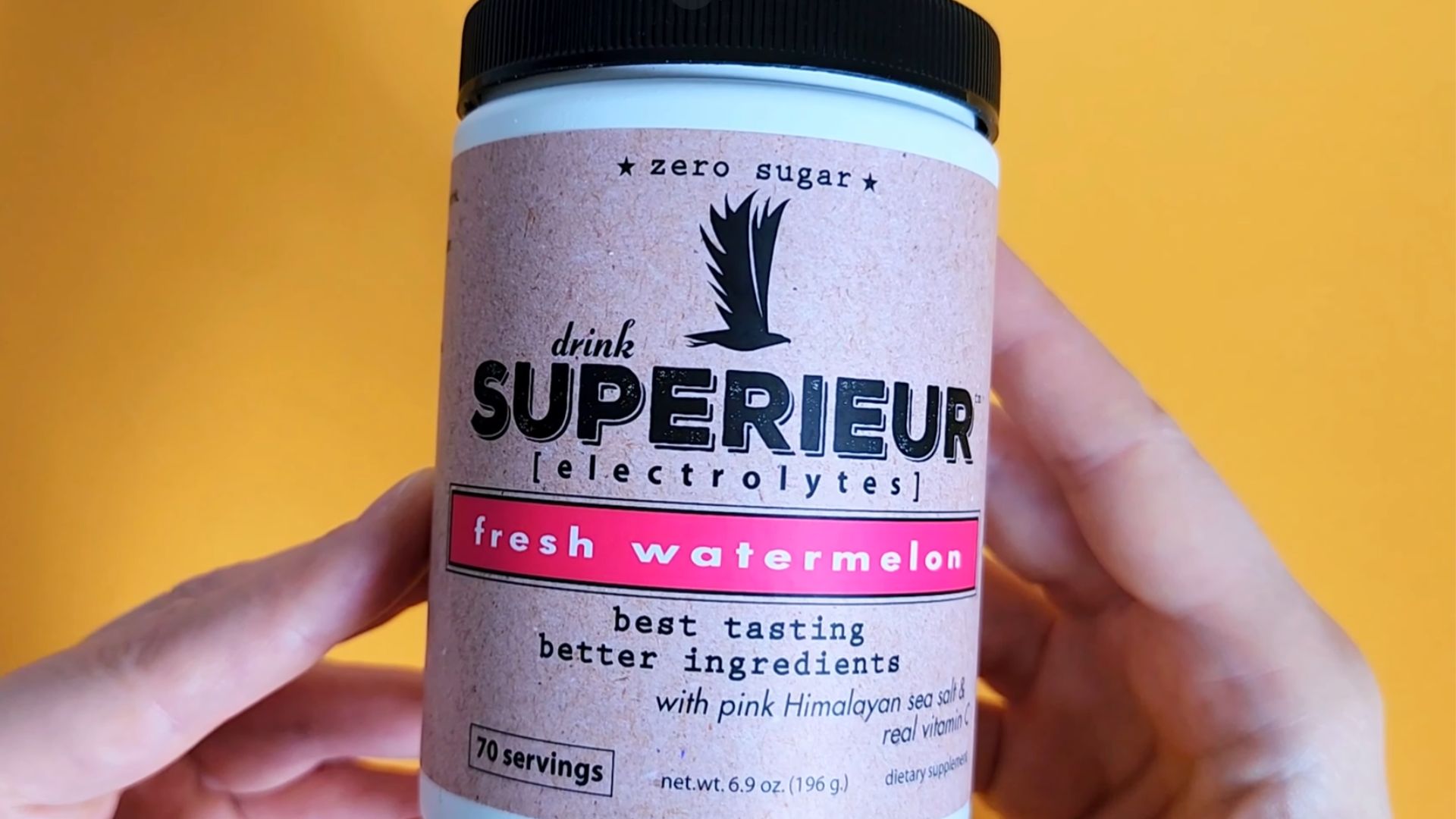Real Talk: Supplements Matter
Fueling a strong body goes beyond protein shakes and dumbbell sets. Recovery, energy, and even mood come into play in ways that food alone sometimes can’t cover. Smart supplementation bridges those tiny gaps you don’t always see. Here’s a closer look at 20 supplements that can support your fitness journey without gimmicks.
1. Whey Protein
No other supplement is as closely tied to post-workout recovery as whey protein. Naturally derived from milk during the cheese-making process, it's a trigger for muscle protein synthesis. Consequently, it becomes essential when you're chasing gains or preserving lean mass.
 Photo By: Kaboompics.com on Pexels
Photo By: Kaboompics.com on Pexels
2. Creatine Monohydrate
It's one of the few supplements consistently backed by science. Creatine monohydrate saturates your muscles with phosphocreatine, which regenerates ATP during high-intensity efforts. Accordingly, you push harder and recover faster between sets. It may also increase muscle cell volume to promote long-term growth.
3. Branched-Chain Amino Acids
If you’re hitting the gym fasted or your diet’s light on protein, BCAAs can offer backup. They give your muscles easy access to key aminos when full meals aren’t in the cards. However, if you’re already getting enough protein daily, these acids won’t make a huge difference.
4. Beta-Alanine
Unlike creatine, beta-alanine is about stamina. It increases carnosine levels in muscle tissue, thereby buffering acid accumulation during intense exercise. As a result, you can push longer before the burn forces you to stop. Notably, the tingling effect is harmless and typically fades with consistent use.
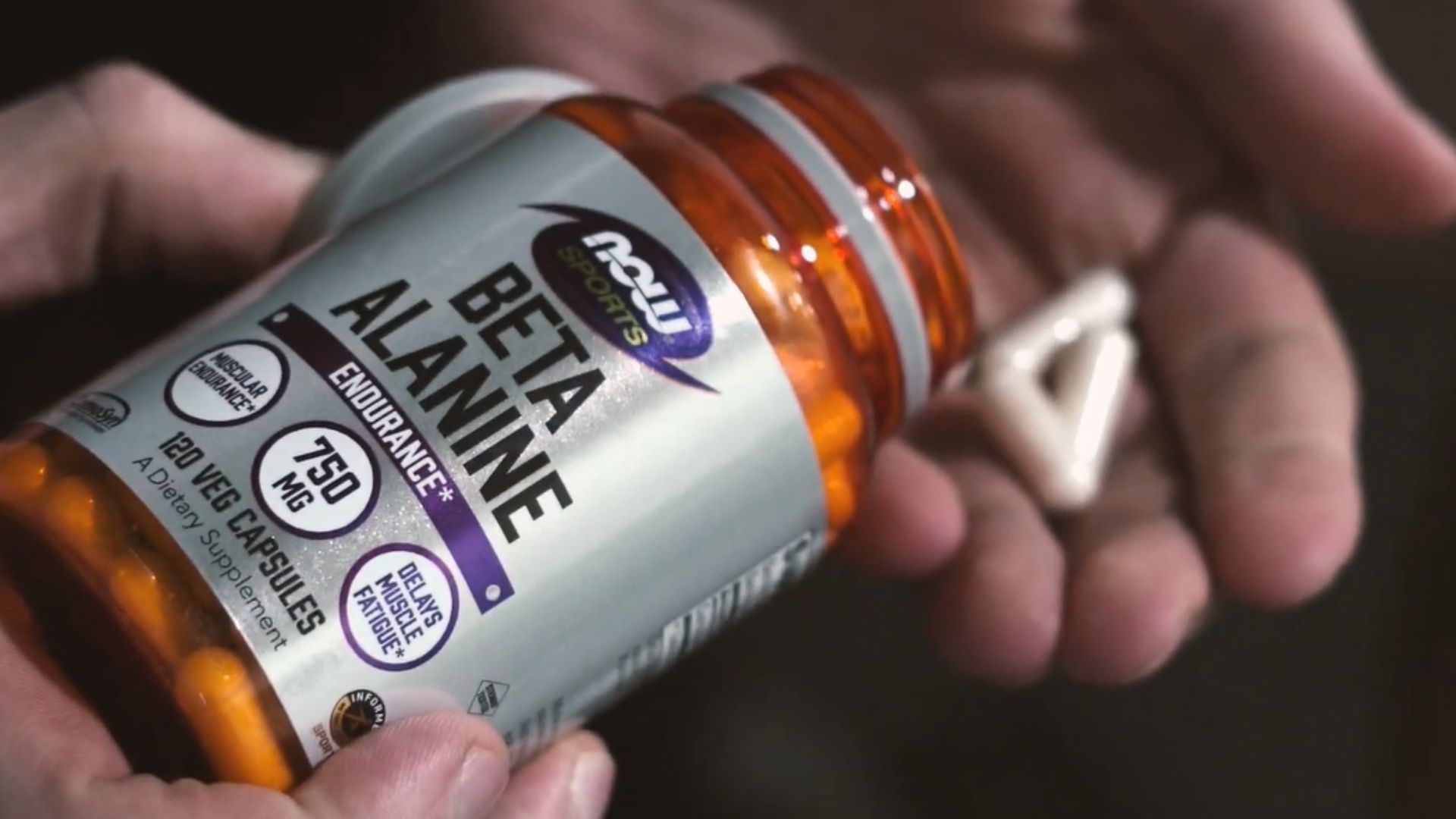 NOW’s Beta Alanine Is Drew Sample’s Preferred Pre-Workout Supplement | NOW Sports Hub by NOW Foods
NOW’s Beta Alanine Is Drew Sample’s Preferred Pre-Workout Supplement | NOW Sports Hub by NOW Foods
5. Fish Oil
When training intensely, inflammation becomes a silent enemy. Fish oil serves as a potent anti-inflammatory agent. Consequently, it eases joint stiffness and reduces post-workout soreness. Also, it supports heart health, which often gets neglected in strength-focused routines. Triglyceride forms are more bioavailable than ethyl esters, so read your label carefully.
6. Vitamin D3
Interestingly, Vitamin D3 plays a vital role in hormone regulation. Because many people train indoors or live in low-sunlight regions, deficiency is surprisingly common. Therefore, supplementing with D3 can improve strength and even mood. It's best absorbed with fat.
 Nature Made Vitamin D3 Tablets (Review) by Kevin Chambers Product Reviews
Nature Made Vitamin D3 Tablets (Review) by Kevin Chambers Product Reviews
7. Magnesium Glycinate
Sleep quality is the bedrock of recovery. Magnesium glycinate has superior absorption and a calming effect on the nervous system. It's ideal before bed, especially for lifters experiencing muscle cramps or disrupted rest. In addition, it supports glucose metabolism and nerve function, two factors that directly impact performance under the bar.
8. L-Carnitine
While often marketed solely for fat loss, L-carnitine's primary role is mitochondrial transport. It shuttles fatty acids into cells for energy use. Consequently, it enhances aerobic performance and may reduce muscle soreness. More intriguingly, it improves cognitive function and insulin sensitivity over time.
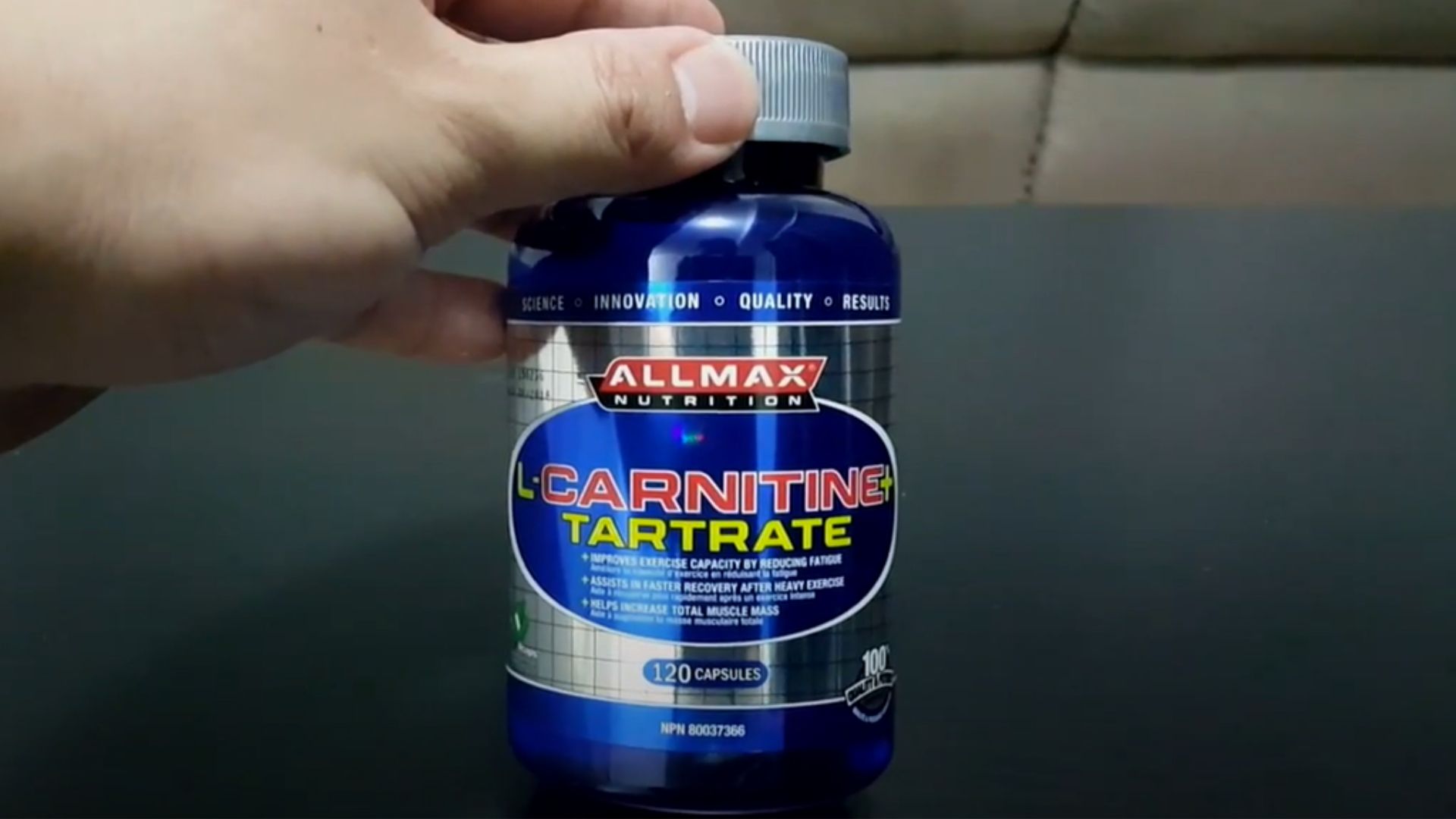 All Max Nutrition L Carnitine - Supplement Review by FlipGQ81
All Max Nutrition L Carnitine - Supplement Review by FlipGQ81
9. Zinc
Heavy training depletes micronutrients, and zinc is no exception. It's central to immune health and testosterone production. Zinc aids in healing microtears, something we induce every session. When levels drop, so does recovery efficiency. Therefore, you should include it in your regimen, particularly during flu season or cutting phases.
10. Probiotics
No matter how dialed-in your macros are, poor digestion sabotages everything. Probiotics restore gut flora balance, thereby improving nutrient absorption and reducing inflammation. Additionally, they may enhance serotonin production (70% of which is made in the gut), thus impacting mood and motivation.
11. Collagen
Most folks think collagen's just for the skin, but it plays a much bigger role. It's the primary protein in connective tissue and ligaments. Thus, supplementing collagen can help reinforce joint health when you're lifting heavy. Pair it with vitamin C, which boosts collagen synthesis significantly.
12. Glutamine
Although your body makes glutamine, intense training often depletes it faster than you can replenish it. As a result, recovery slows, and immune function dips. Supplementing helps maintain nitrogen balance and speeds up muscle repair. Interestingly, it's also used by the gut lining, so it's a dual-purpose asset for both immunity and recovery.
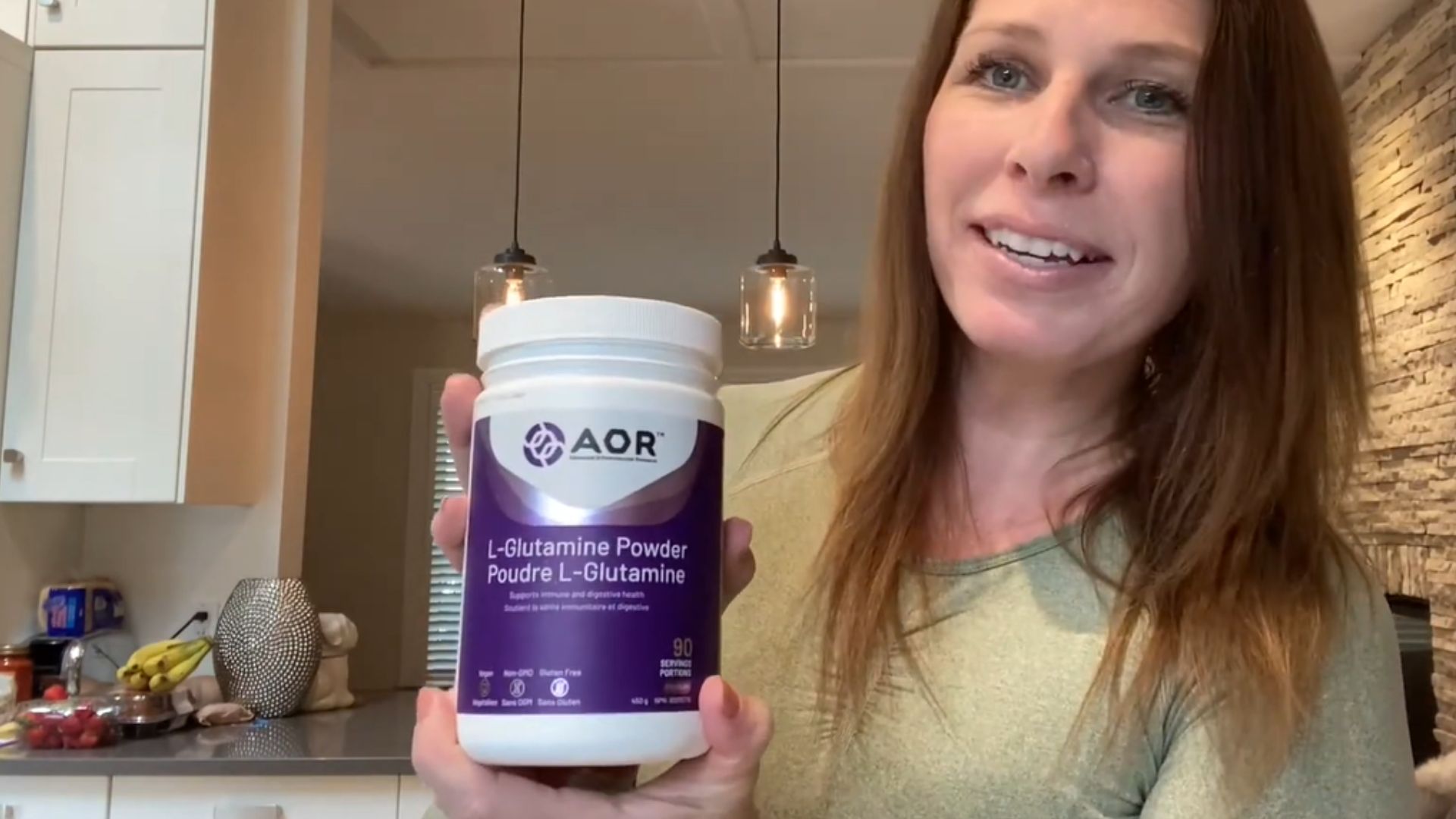 SUPPLEMENT REVIEW: AOR Glutamine & benefits of glutamine by Meagan Hesham
SUPPLEMENT REVIEW: AOR Glutamine & benefits of glutamine by Meagan Hesham
13. Multivitamins
No supplement covers all your bases like a good multivitamin. Even with a clean diet, micronutrient gaps happen, especially for lifters who burn through B vitamins and magnesium. That's why you need to treat a multivitamin like an insurance policy. Not a performance enhancer but a daily stabilizer.
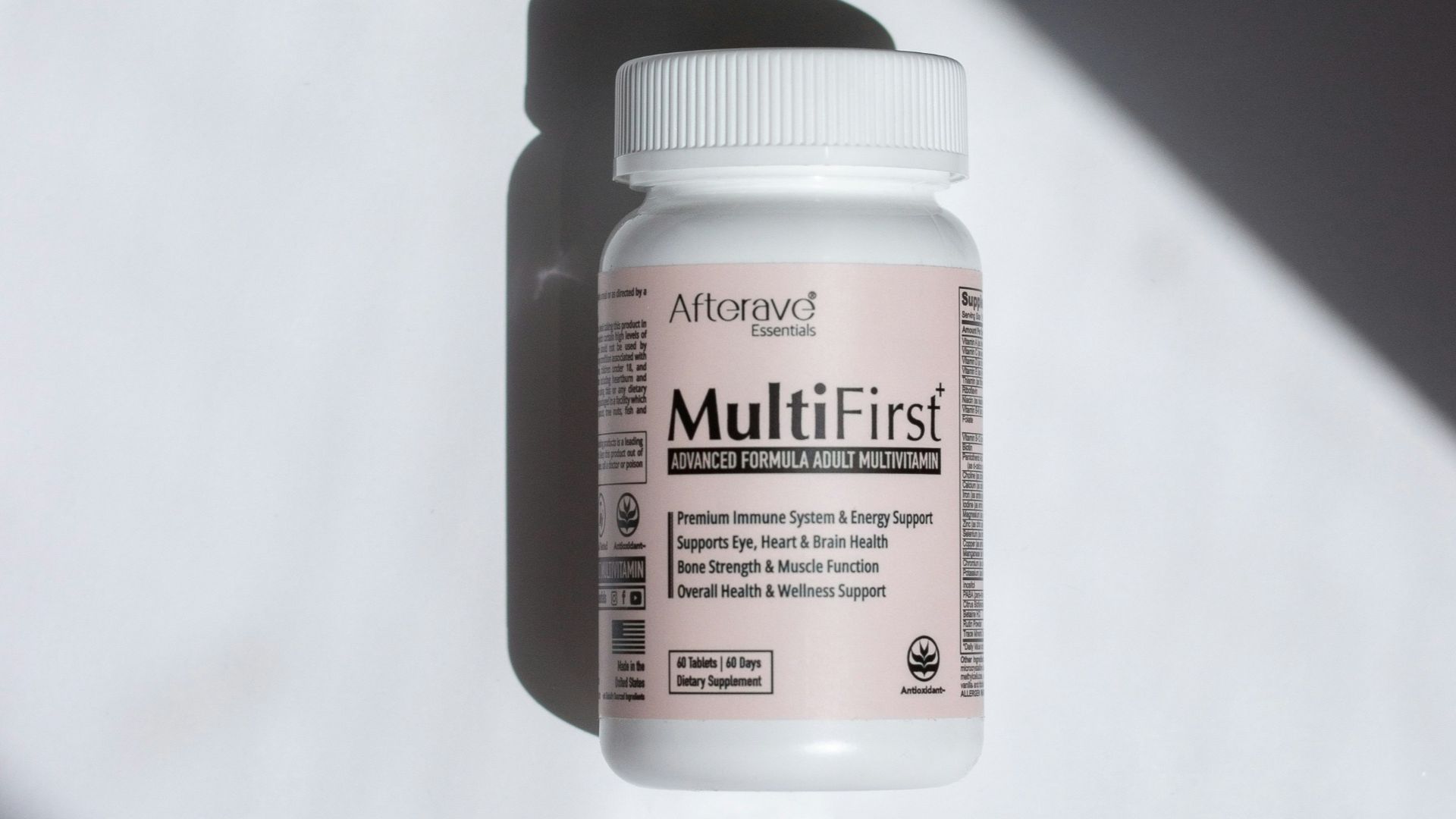 Afterave Essentials on Unsplash
Afterave Essentials on Unsplash
14. Nitric Oxide Boosters
Training's about blood flow, literally. Nitric oxide boosters like citrulline malate improve vasodilation, which increases oxygen and nutrients for your muscles. The pump isn't just for show; it can enhance endurance and nutrient uptake. Additionally, cardiovascular performance has long-term benefits, especially during hypertrophy-focused cycles.
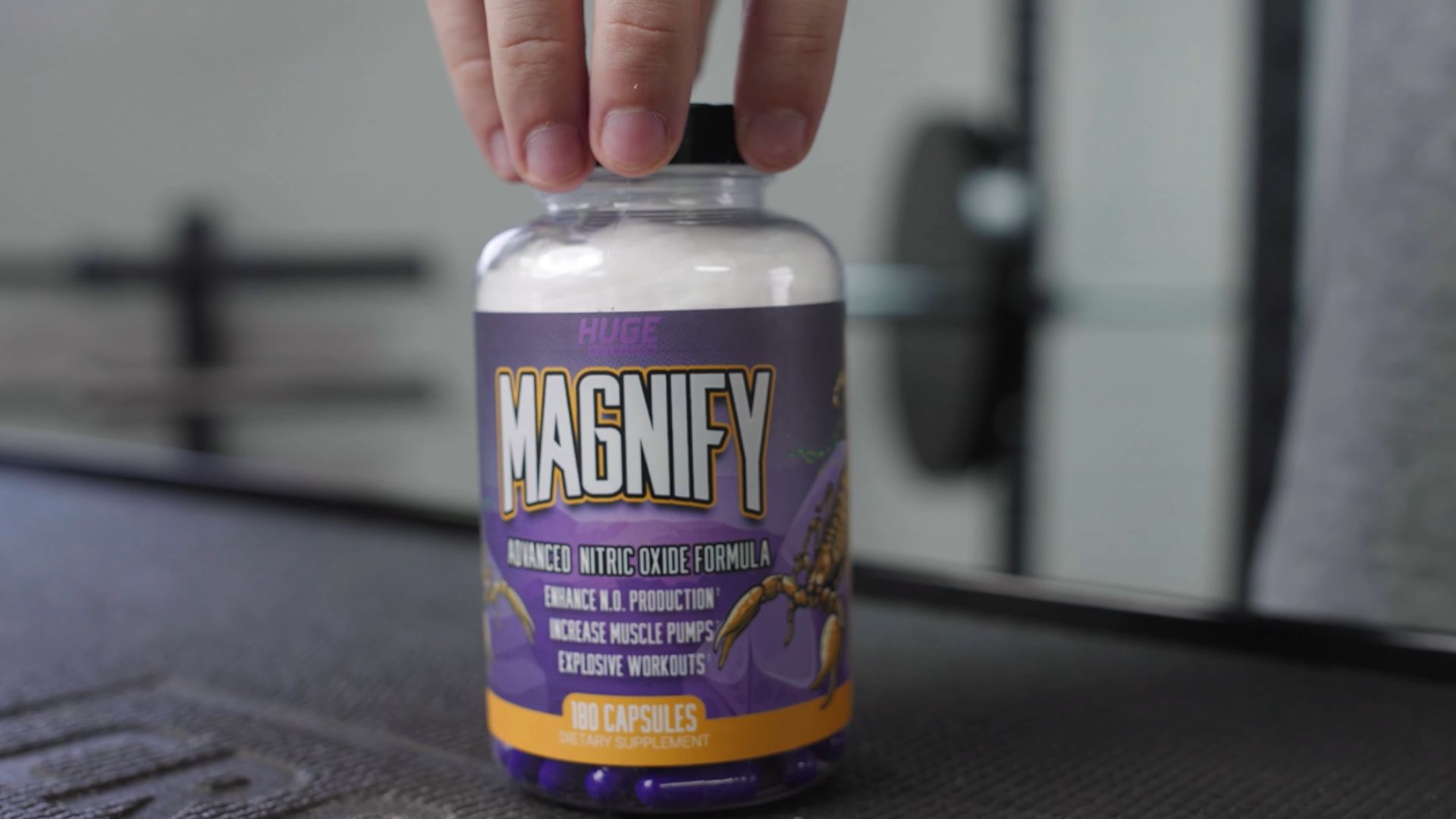 MORE Blood Flow??? — The BEST Nitric Oxide Supplements (2023) by BarBend
MORE Blood Flow??? — The BEST Nitric Oxide Supplements (2023) by BarBend
15. Ashwagandha
Chronic elevation of cortisol can erode muscle and reduce testosterone levels. Ashwagandha helps regulate the stress response. Over time, it supports strength development and reduces anxiety. So it's part of the recovery stack, not just a wellness trend.
 I Took Ashwagandha for a Year, Here's What Happened by Pierre Dalati
I Took Ashwagandha for a Year, Here's What Happened by Pierre Dalati
16. Electrolytes
Cramping mid-set? It could be low sodium, potassium, or magnesium. Electrolytes keep your nerves firing and muscles contracting properly. Especially in hot climates or long sessions, replenishing them can make the difference between finishing strong or fading early.
17. Green Tea Extract
It's subtle but effective. Green tea extract contains EGCG, which has been linked to fat oxidation and metabolic support. While it won't replace a calorie deficit, it can support body recomposition over time. Additionally, its antioxidant profile may reduce exercise-induced stress.
 Zenwise Green Tea Extract Review by Isabel Pizarro
Zenwise Green Tea Extract Review by Isabel Pizarro
18. Turmeric Curcumin
Chronic inflammation drags performance down. Curcumin has anti-inflammatory effects that rival some pharmaceuticals. It doesn't replace mobility work or deloads, but it helps manage recovery between sessions. For better absorption, use a version with piperine, which increases bioavailability dramatically.
19. Pre-Workout
You don't always wake up ready to crush weights. That's where pre-workouts come in. They combine caffeine, beta-alanine, and often citrulline to spark energy and delay fatigue. However, timing and dosage matter. Otherwise, they just spike and crash you.
 WE MADE 3 PREWORKOUTS, WHY? by HD Muscle
WE MADE 3 PREWORKOUTS, WHY? by HD Muscle
20. CLA (Conjugated Linoleic Acid)
Finally, there's CLA, a naturally occurring fatty acid found in meat and dairy. It supports fat loss and lean mass retention, particularly when combined with training. While not a miracle, it may help during maintenance or recomposition phases. Importantly, its real power lies in consistency, not quick fixes.
 Bronson Vitamins CLA 3000 - Premium Conjugated Linoleic Acid Formula by Bronson Laboratories
Bronson Vitamins CLA 3000 - Premium Conjugated Linoleic Acid Formula by Bronson Laboratories
KEEP ON READING

10 Dos & 10 Don'ts of Cheat Days

20 Health “Facts” Almost Everyone Still Gets Wrong

20 Ways to Deal With Your Sweet Tooth
